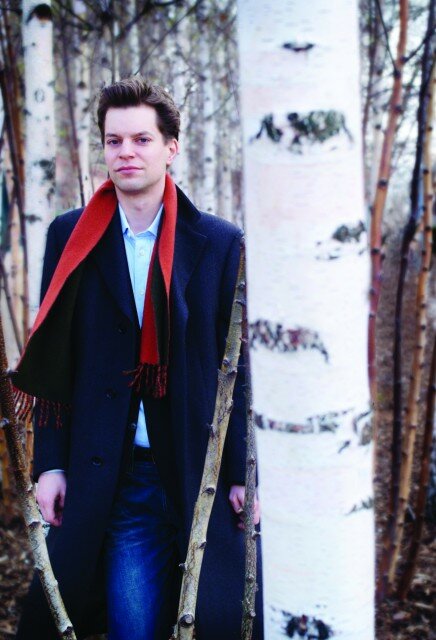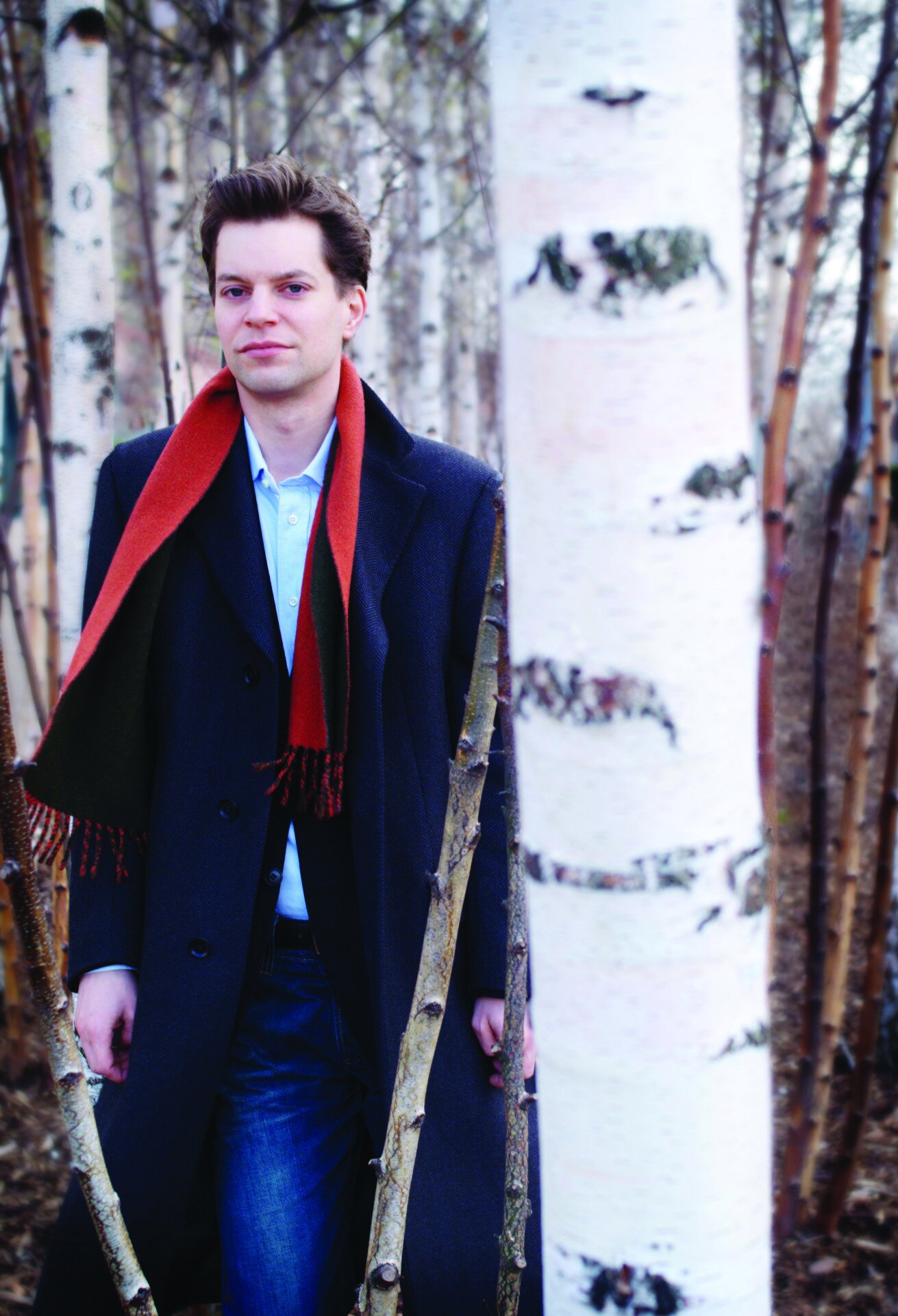
The UW President’s Piano Series opened Tuesday at Meany Theater with Austrian musician Till Fellner playing Haydn, Schumann, Liszt, and a new work by Kit Armstrong.
The last-mentioned is a 19-year-old prodigy who began formal composition and piano studies at five and college at seven, appeared as piano soloist with orchestra aged eight, had many compositions to his credit by ten, and is now studying with pianist Alfred Brendel in London, while also pursuing science studies in the field of pure mathematics at the Pierre and Marie Curie Institute.
I wish some of the above information about him had been in the program. Armstrong’s notes were intellectual and mathematical, as though music was a specific problem to be worked out, and the nearest to a feeling being one mention of “floating.”
Fellner, who has also studied with Brendel, has that great pianist’s thoughtful and less-is-more approach to understanding a composer, but his performance Tuesday could have used more warmth.
That said, his performance of Haydn’s Sonata in C major, Hob XVI:50, composed quite late in the composer’s life, was a marvel of elegance, clarity and exquisite touch. Fellner could have been playing a fortepiano, with his articulation and airy lightness creating notes which almost bounced out of the keys like impish drops of sound in the opening measures.
He could also play with an equally beautiful legato, his hands seemingly just stroking the sound out.
The choice of this sonata to go before the Armstrong might have been intentional, as Armstrong’s piece, Half of One, Six Dozen of the Other, also had these light, bouncing notes spaced like drops at both beginning and end. It’s a 15-minute work, composed for Fellner, and is classical in its style and restraint, though entirely modern in its harmonies which however are not dissonant. There is no romantic outpouring here, though as the work grows and arcs, the spare beginning becomes more fast and furious.
It suited Fellner, whose playing seems characterized by impeccable, yet restrained, performance.
This was all very well here, but Schumann’s Kinderszenen (Scenes from Childhood) and Liszt’s Années de Pèlerinage: Deuxième Année: Italie (Years of Pilgrimage, Second Year, Italy) both required more emotion. [You can also hear Craig Sheppard take on Années de Pèlerinage this Friday at Meany-Ed.]
Each of these works comprises many sections (13 in the Schumann, nine in the Liszt), each with titles which indicate something about the content. While these were all listed in the program, they were useless during the performance, when one might have wished to see just what the composer was describing, such as in the ninth Schumann scene, “Knight of the hobbyhorse.” Meany Theater has always turned the lights down so that it is impossible to refer to the program during the performance. I do wish this could be changed. It often detracts from the enjoyment when one is left puzzling about what the composer was after.
Fellner’s playing of both works was always beautiful, but the overall feel he conveyed was one of introspection. The only time when it seemed to really come alive being with the gleam of humor which shone through in the third Liszt section, the “Canzonetta of Salvator Rosa” where a leisurely, jaunty, crisp rhythm pervailed.
A little more passion throughout wouldn’t have come amiss. Next up in the series is Nikolai Lugansky, on November 15.
